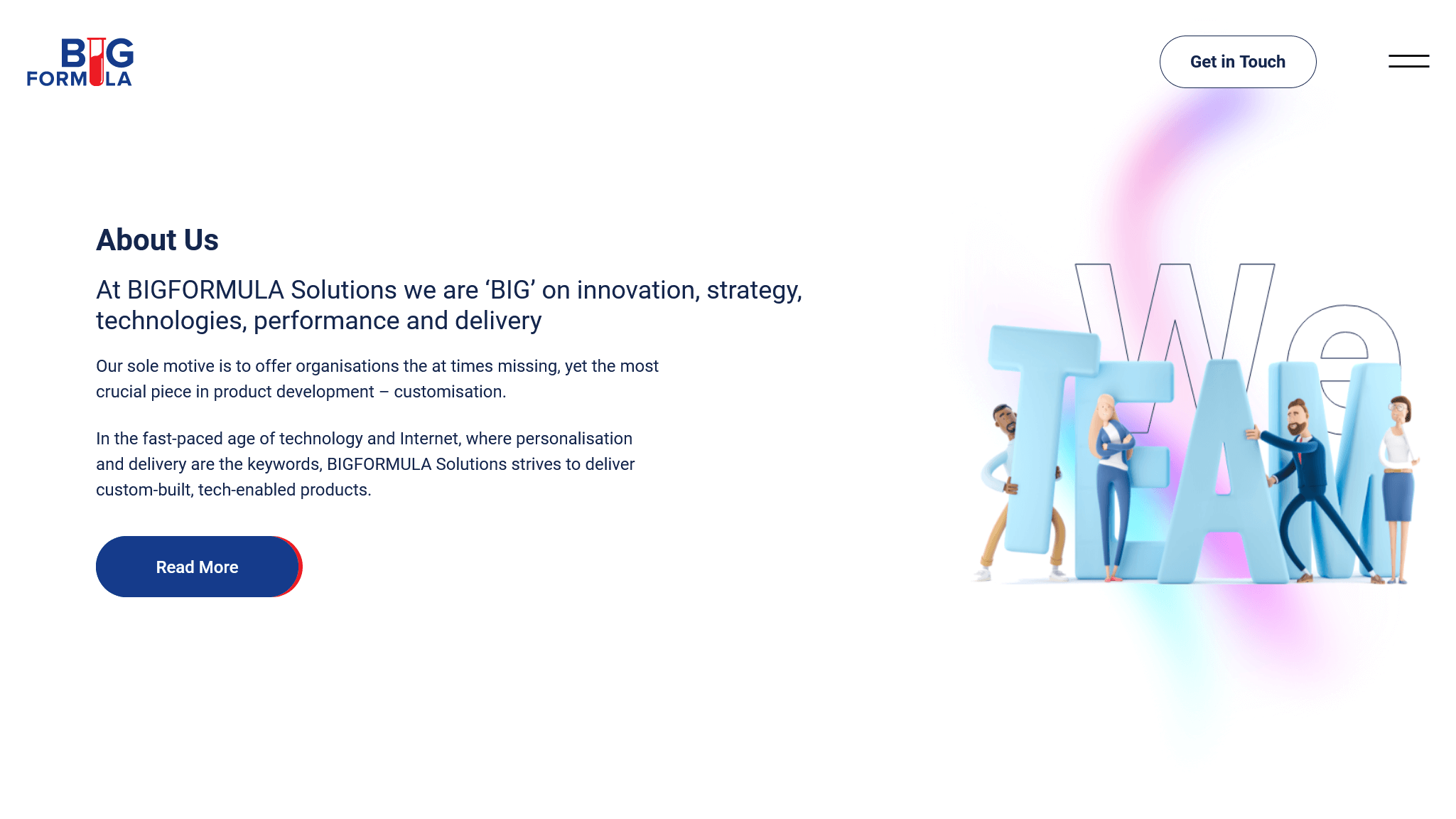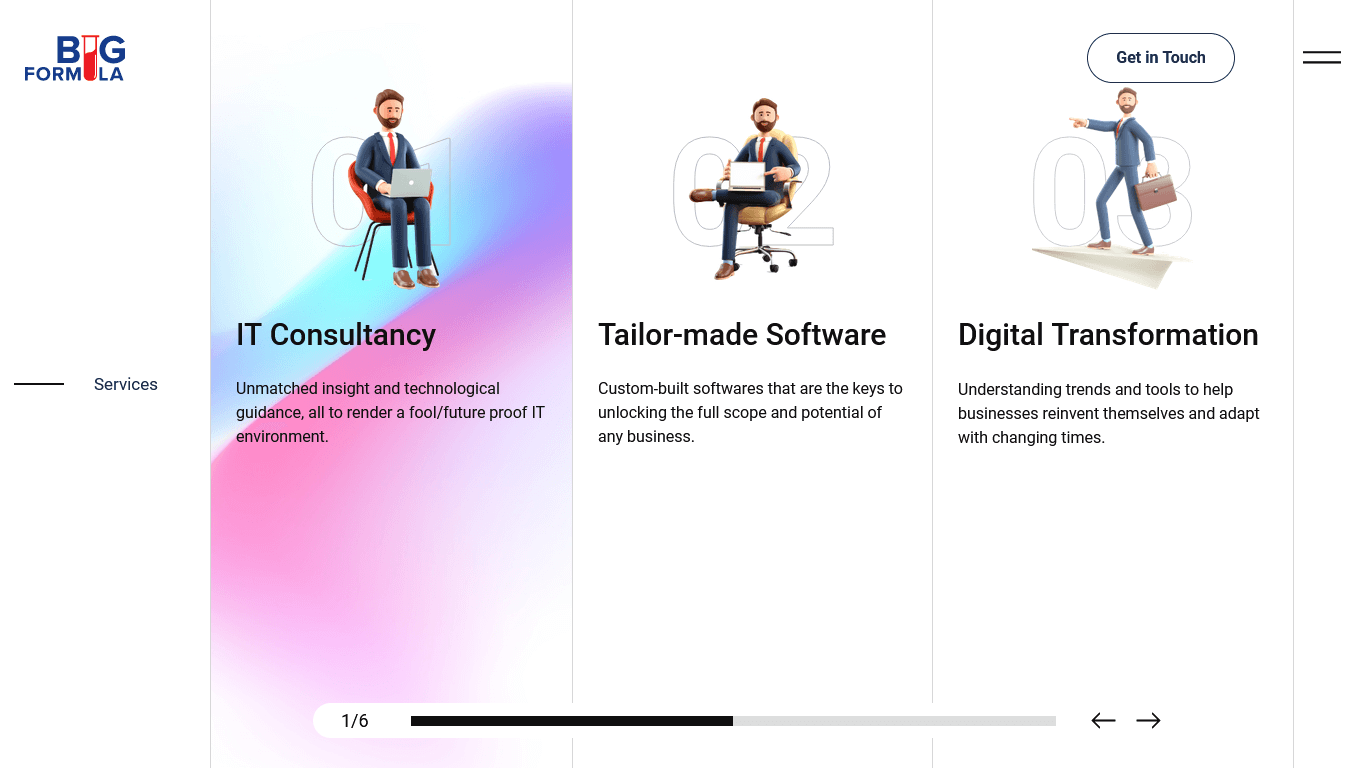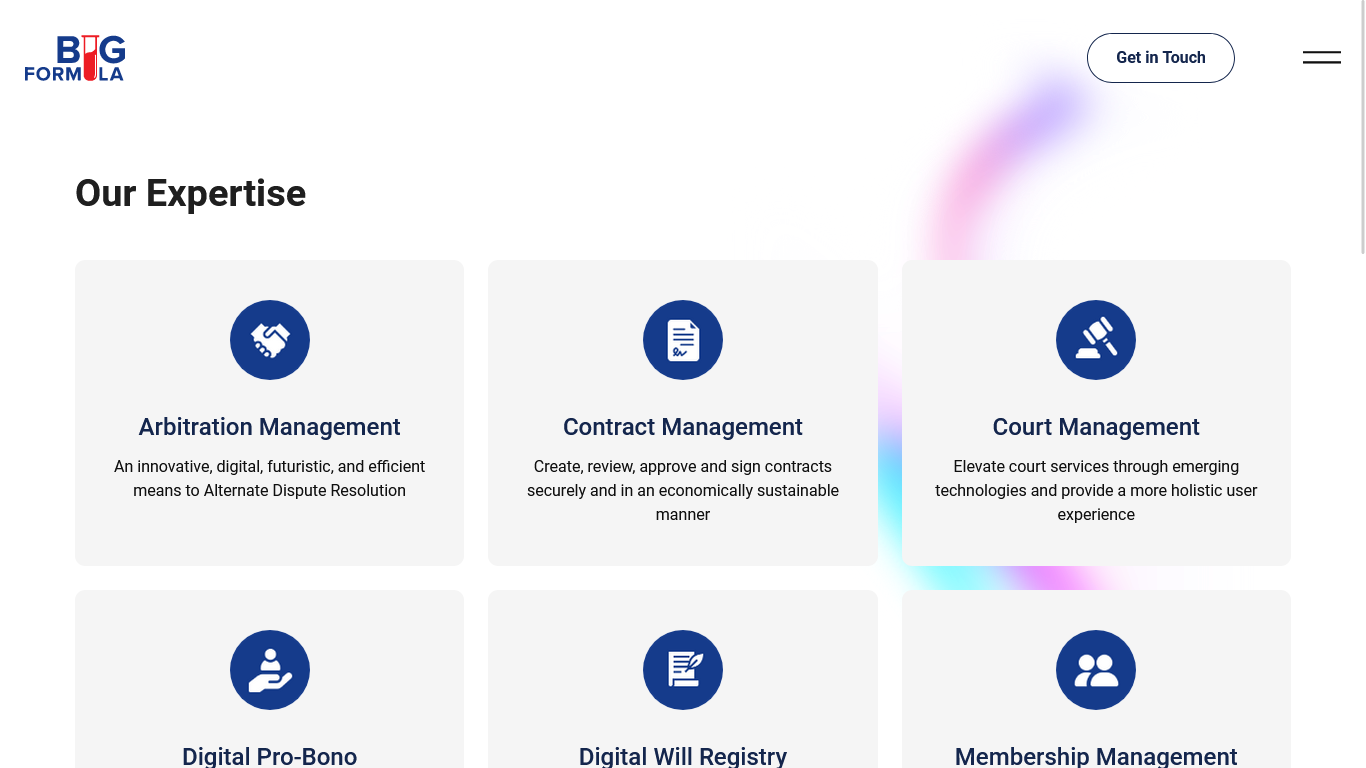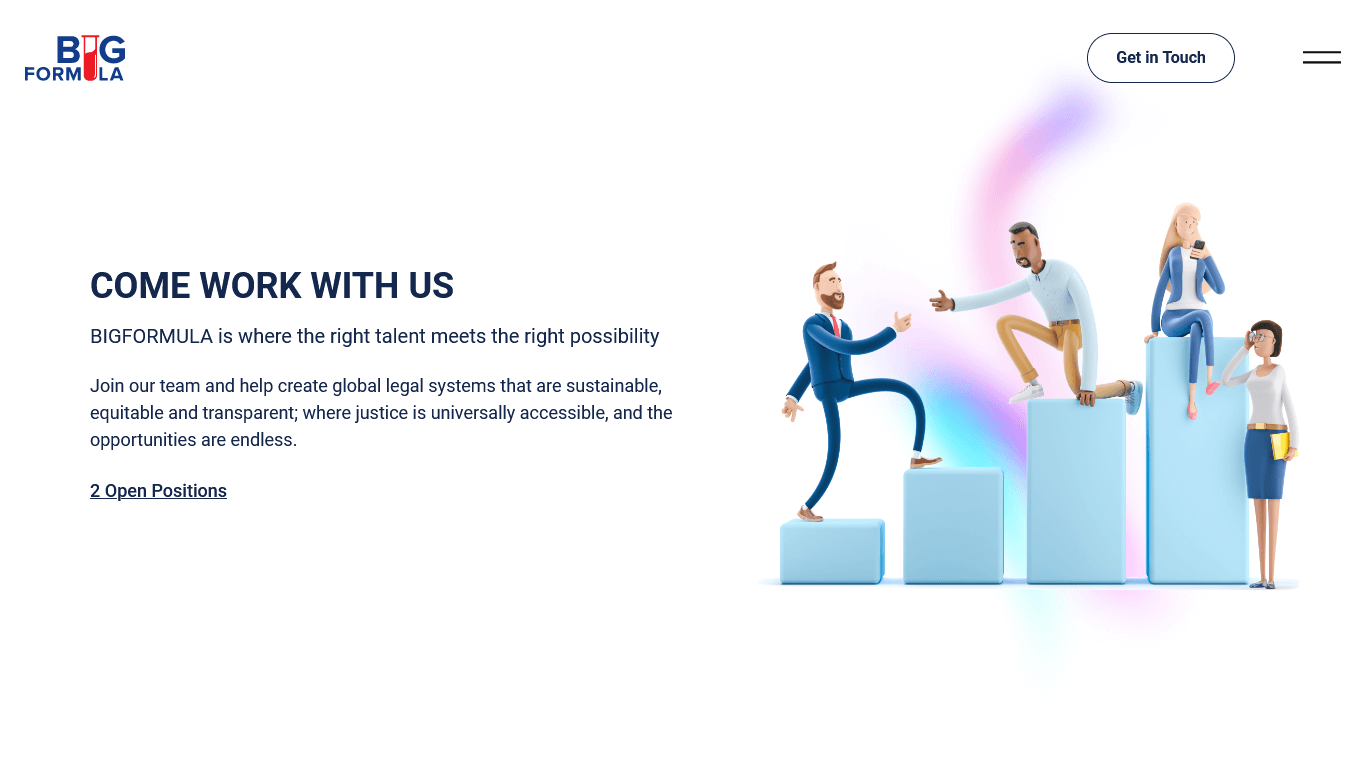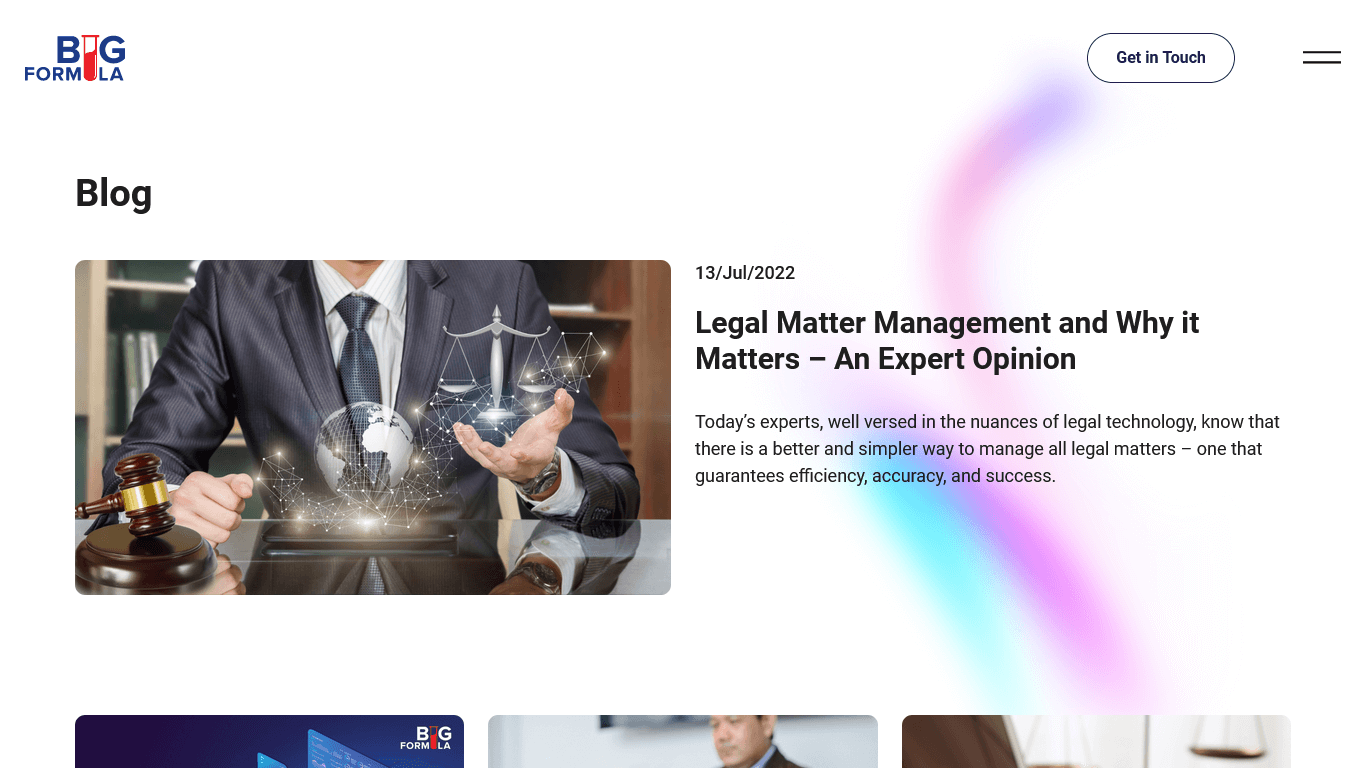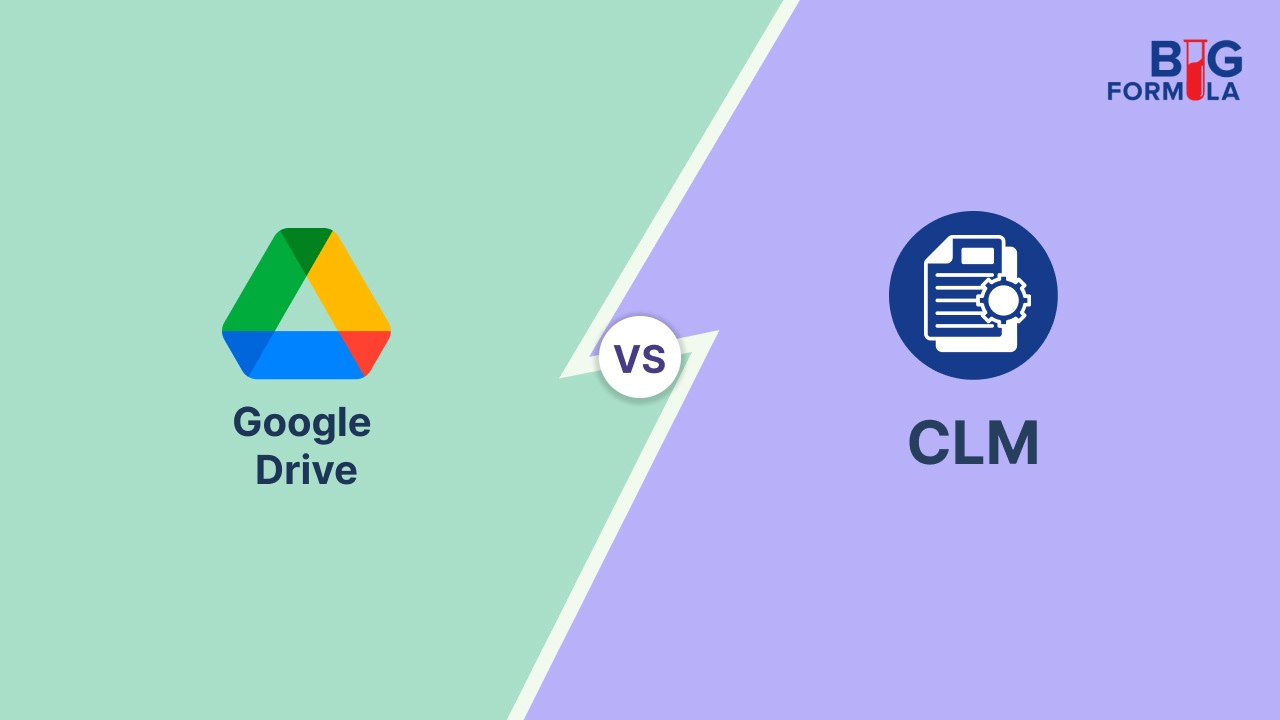Unravelling Buzz Words: Blockchain and Distributed Ledger Technology
While the world of finance continues to wrestle with cryptocurrencies, here’s a brief look into the technology that is spearheading the shift, and the possible consequence in the world of law

When the world moved from bartering to banknotes, everyone agreed to follow a set of mutually accepted rules. In conventional marketplaces, it was decided that intermediaries would supervise transfer of assets. Banks took on the responsibility to maintain and manage records of all accounts and transactions. Form loans and pay checks to billion-dollar takeovers, even today, banks maintain ledgers that meticulously document every change and every withdrawal. As central, unbiased, third-party entities, they alone have exclusive control over these ledgers and we, as a society have learnt to trust banks with them.
But somewhere along the way (think global recessions) the set of rules were challenged. Today, a central ledger is no longer the only viable option. The meteoric rise of cryptocurrencies has paved the way for innovative technologies that have turned the table on accepted norms and standards and revolutionised banking! But with governments questioning the legitimacy of cryptos, the technology behind it has been put through multiple interpretations. While the world of finance continues to wrestle with cryptocurrency, here’s a brief look into the technology that is spearheading the shift, and the possible consequences in the world of law.
What is Blockchain?
A Blockchain is a digital database that is shared by all the nodes of a computer network. As an electronic database, a Blockchain stores data in digital forms; and every user of the Blockchain is allowed equal access and authority of the chain. In a Blockchain, no party is allowed to alter any part of the data without the consent of all parties involved. The key feature of a Blockchain is that it fosters confidence without the necessity for a reliable third party by ensuring the fidelity and security of a record of data.
What is Distributed Ledger Technology (DLT)
Like Blockchains, the term ‘Distributed Ledger Technology’ (DLT) refers to the technological framework and protocols that enable concurrent access, record validation, and immutable record updating across a network that is dispersed among numerous organisations or places. Simply put, the DLT is focused on the concept of a ‘decentralised’ network as opposed to the traditional ‘centralised’ one, and it is believed to have significant effects on industries and entities that have historically relied on a reliable third party.
DLT has so far been most successfully used to cryptocurrencies, of which Bitcoin is the most well-known. But according to analysts, DLT might have an impact on most firms and industries, potentially disintermediating many of the current market players. While mass adoption of Blockchain and DLT could potentially take a few years, there is no denying that businesses, industries and even governments and agencies are looking into the issues and challenges that this nascent tech might pose. And the legal and justice tech industry is at the forefront of it all – supporting clients and helping them understand the benefits of the technology while working closely with regulators and legal experts to establish regulations and standards of use. All the while proposing the very technology to render more efficient and effective solutions for the legal profession itself.
Not one to be left behind, and to our credit, we, at BIGFORMULA Solutions too, have been closely observing the global trends and looking into ways we can use the technologies to further the cause of legal and justice technology. One of our more recent victories on the front has been with tejouri – the Dubai International Financial Centre (DIFC) Courts’ latest platform for digital document safe-keeping. As technology partners of the project, we worked closely with industry experts like Deca4 Advisory and HBAR Foundation to formulate new and innovative uses for Blockchain and DLT – technologies that, in a nutshell, take power and authority out of the hands of a few and give it to the many. And so, uncharted territories: here we come!
Still curious about DLT? Discuss your needs and goals with BIGFORMULA.
Reach out to us and schedule a Free Legal Tech Consultation


